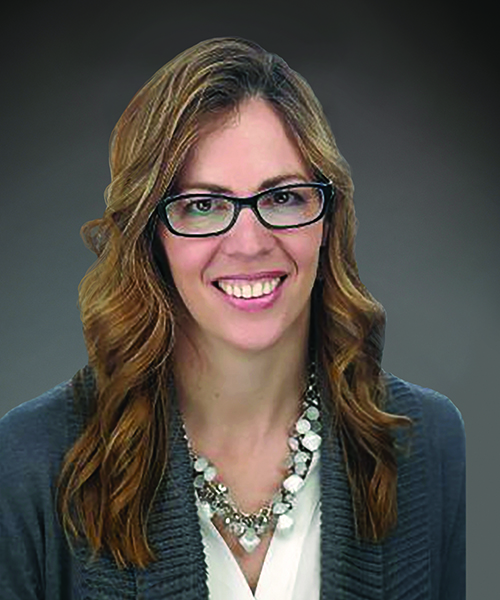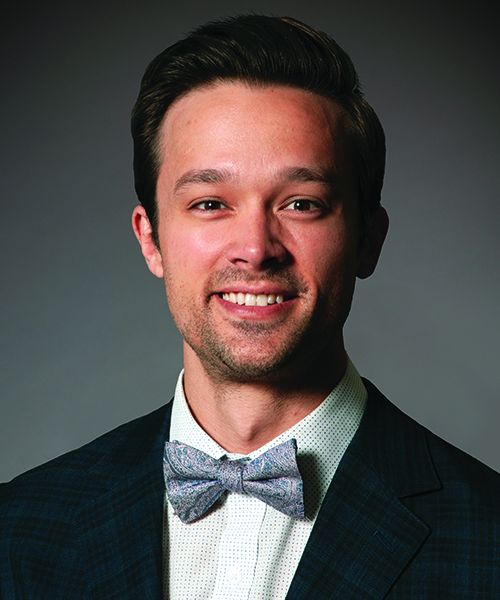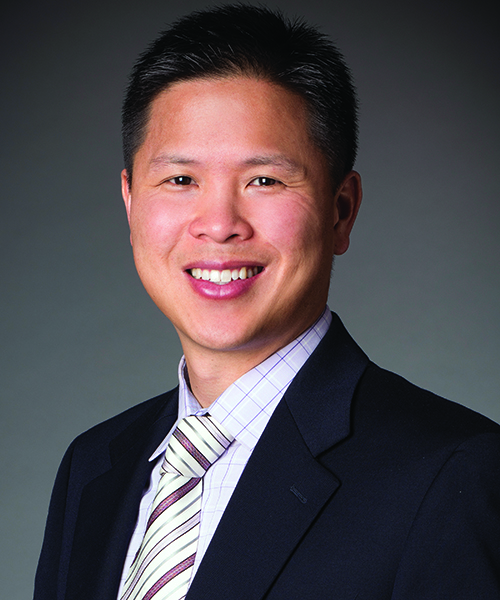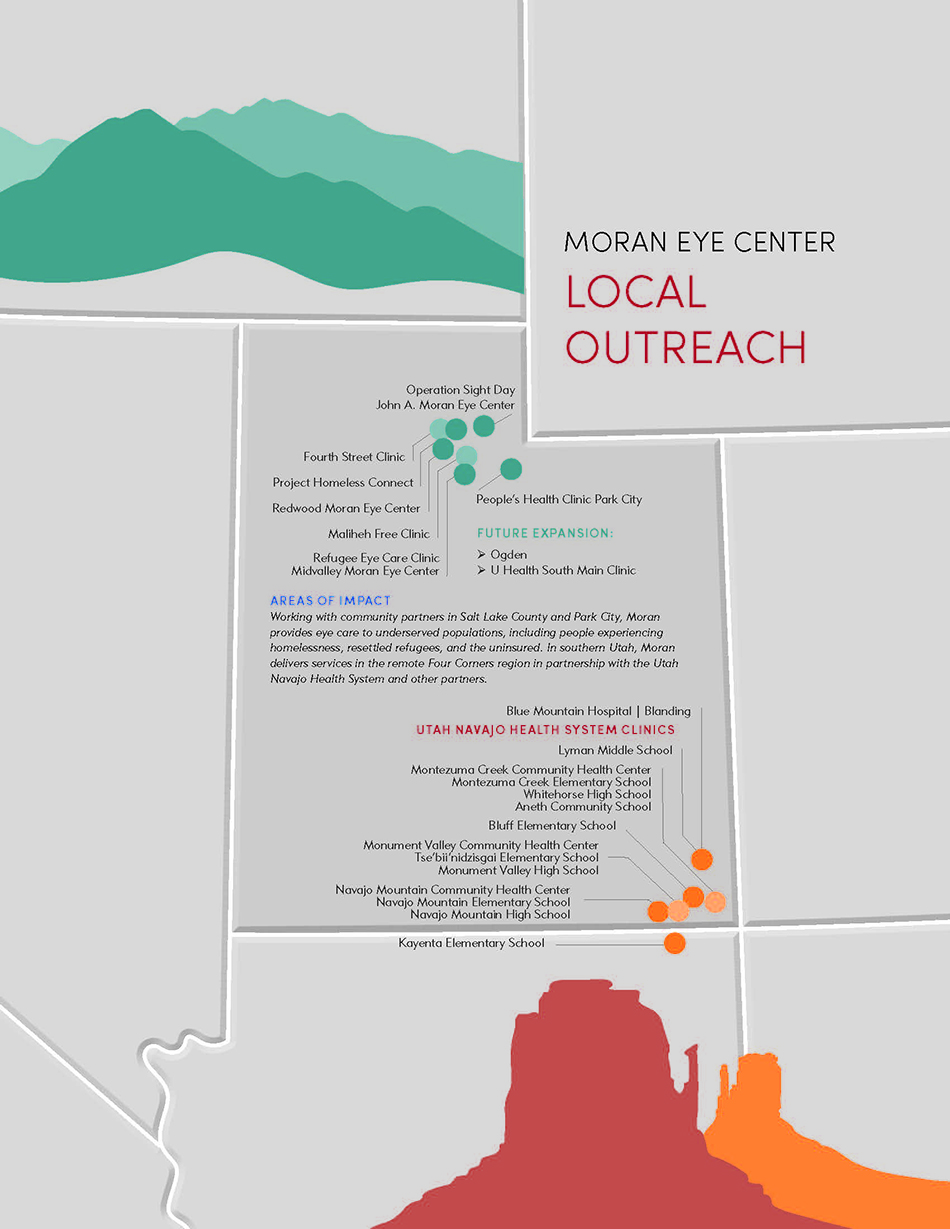The John A. Moran Eye Center’s Global Outreach Division provides care to thousands of Utahns in need each year thanks to donors who provide funding for free or low-cost eye exams, surgeries, and eyeglasses at clinics around the state and on the Navajo Nation.



This outreach work to preserve or restore eyesight strengthens local communities as those who receive care can find or hold jobs, read, drive, look after children, and engage in school. Yet the need for eye care in Utah and worldwide rapidly outpaces capacity and available resources.
A newly launched Community Eye Health Assessment aims to identify how current efforts can expand or improve to keep pace with changing needs. In partnership with the University of Utah’s Division of Public Health, the Moran Outreach Division is taking an innovative, detailed look at the health care needs of four of Utah’s underserved communities: Native Americans, those experiencing homelessness, resettled refugees, and the underinsured or uninsured.
"It has become apparent to us that we don’t have a clear picture of the visual health needs in our state," said Global Outreach Division Co-Medical Director Craig Chaya, MD. "We need to understand the many factors, such as social determinants, that may affect eye health. This has led us to take a more comprehensive, scientific approach to understanding the multitude of issues our communities face."
Moran resident Sean Collon, MD, proposed the idea of a local outreach assessment, which is expected to take 18 months to complete.
Reaching Out to Community Partners
Chaya and Division of Public Health Assistant Professor Sharon Talboys, PhD, MPH, hosted a virtual stakeholder kickoff event in September 2020. They explained their approach, learned more about myriad community providers, established new partnerships, and asked, "Who else needs to be at the table?" More than 45 participants chimed in.
"Involving local stakeholders, such as Friends for Sight, the Urban Indian Center of Salt Lake, Volunteers of America, The Hope Alliance, numerous remote medical clinics, as well as talking to the populations we serve, will help us assess strengths already out there in the community, along with quantifying the needs," said Talboys.
Added Collon: "The goal is to better understand the problems that the most vulnerable and underserved individuals are facing with regards to eye health, and then to use that knowledge to mount an organized and unified response."
The Goal: Expanding Local Outreach
The needs assessment will provide a road map to expand local outreach initiatives. In a typical year, those efforts include:
- 220 sight-restoring surgeries
- 1,200 eye exams
- 1,100 free pairs of eyeglasses
- 500 volunteers perform 25,000 service hours
- Northern Utah partnerships include three community clinics in Salt Lake County and Park City, and regularly scheduled care at Moran’s main campus and two satellite locations.
- A partnership with the Utah Navajo Health System includes outreach events at several community health centers and schools.
